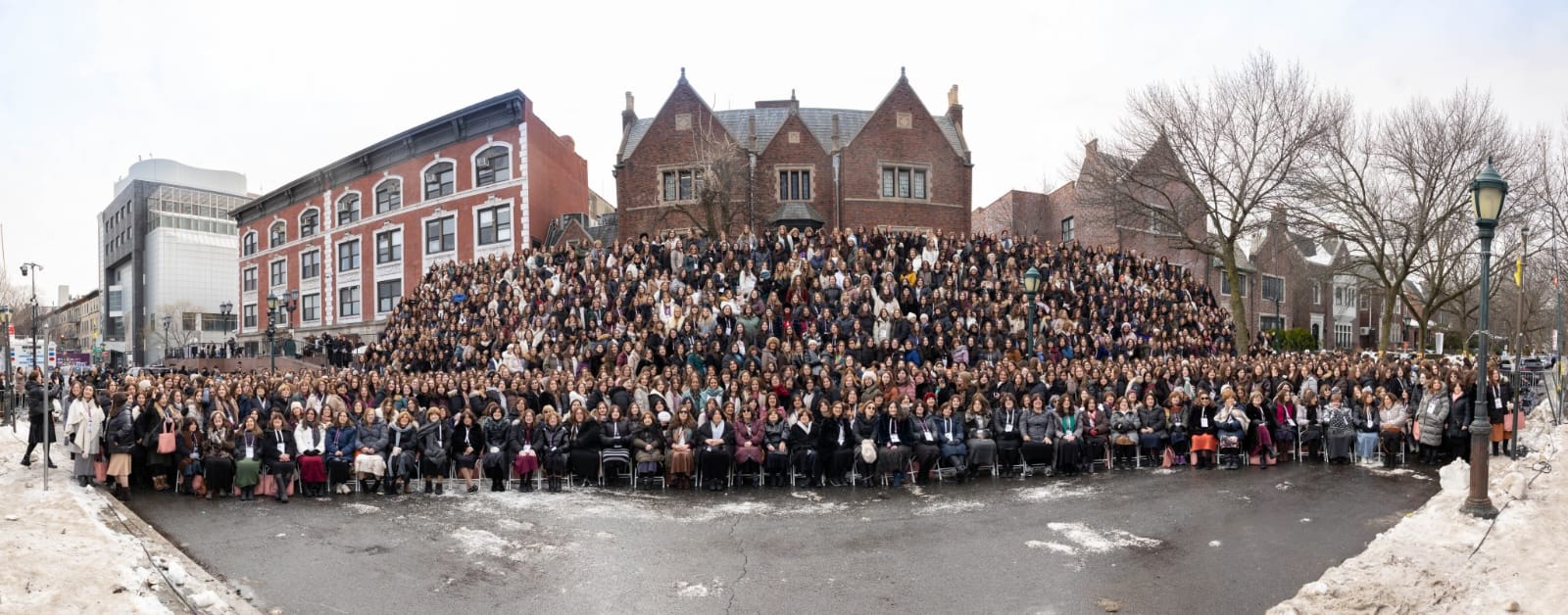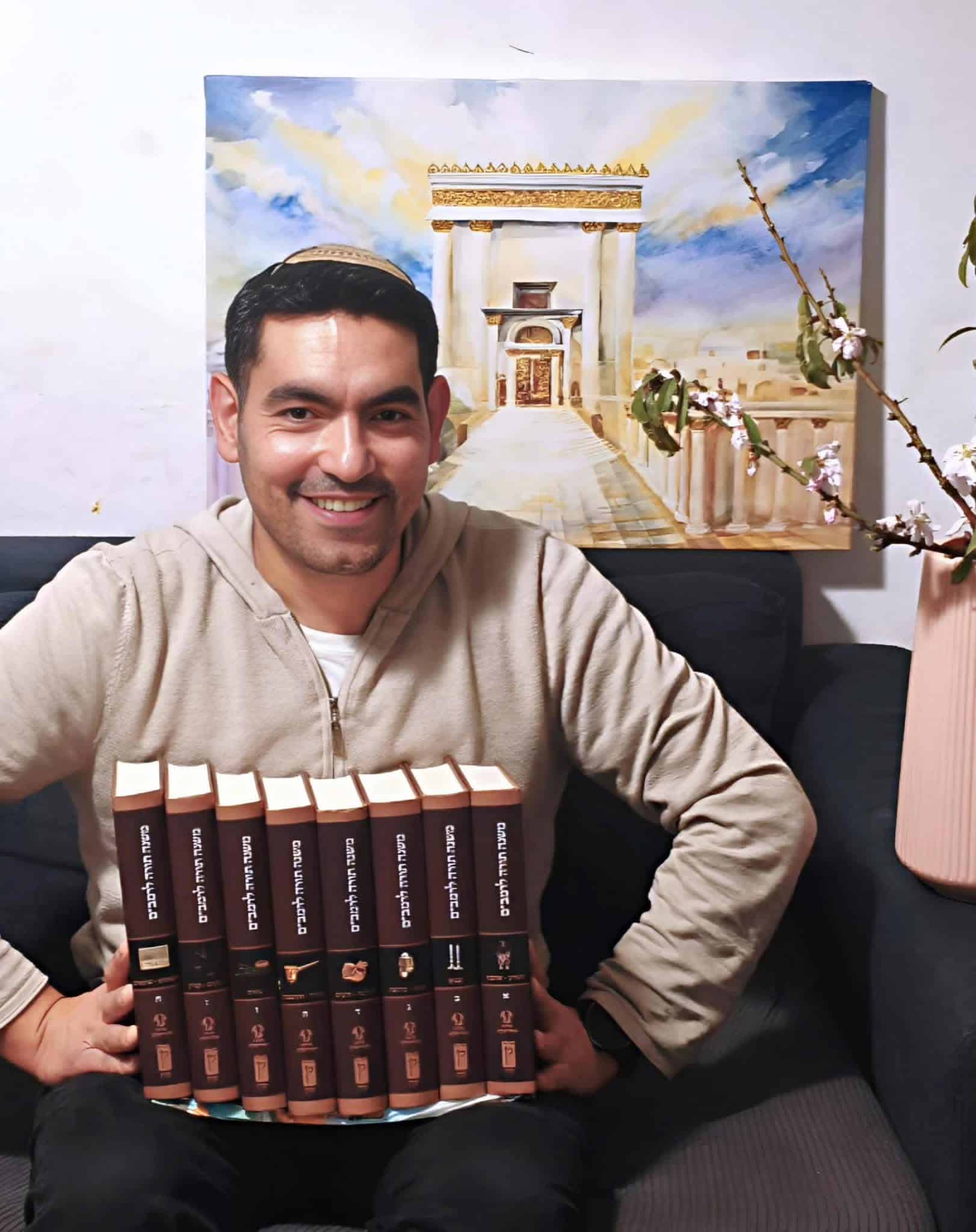* Translated by Janine Muller Sherr
“Why Are Israelis So Happy?” is the title of a recentarticle by former refusenik Natan Sharansky and historian Gil Troy that was featured in Tablet magazine.
In this article, the authors reflect on an astounding statistic: According to the recently released 2025 World Happiness report, Israel ranked No. 8 among countries with the highest level of happiness. This is in sharp contrast to other war-torn countries: Ukraine sits at 111, and Lebanon is third from the bottom at 145. Perhaps more surprising is that the U.S. ranked only 23 followed by Britain at 24. Furthermore, 91% of Israelis surveyed reported being satisfied with their lives.
How can this be explained?
The authors attribute this phenomenon to three key factors:
1) Birth rates- Following the murder of over 1,800 people over the past year and a half, Israelis have responded with a baby boom, affirming life in the middle of an ongoing war. In contrast, birth rates in Western countries have been steadily plummeting.
2) Tradition- 96% of Israelis recently participated in the oldest ongoing ritual in the Western world: the Passover Seder. Jews don’t merely remember their history; they live it and pass it forward. They write: “Prayers, songs, food, and other rituals invite Jews to see themselves as having been personally redeemed.” British historian Paul Johnson famously observed: “No people has insisted more firmly than the Jews that history has a purpose and humanity a destiny.” Despite intense political divisions, Israelis feel like one family charged with transmitting their heritage to the next generation.
3) Optimism and Hope - Various studies point to an epidemic of despair afflicting American youth today. They have lost pride in their nation and in their story. Subject to a campaign by the progressive left to “kill” their own history, by emphasizing the “systemic sins” rather than the good America has done, young Americans are feeling guilty and depressed. In contrast, Israelis feel that they are moving forward together. Israeli schools assign “shorashim” or roots projects—family-tree explorations— that instill a feeling of pride in students. Israelis have unique mourning rituals for fallen soldiers and victims of terror, in which thousands of people come to comfort bereaved families they don’t even know. Following the mourning period, these families often decide to honor their loved one by establishing a “living monument” that will carry on their values or life mission. Inspirational quotations from fallen soldiers adorn bumper stickers displayed throughout the country.
Sharansky recognizes in Israeli society the same values that sustained him in the Gulag as a Soviet prisoner: a clear sense of identity, nationhood, and history. He calls on the West to learn from this tiny Jewish country how to strengthen their “commitment to community, connectedness, and history”—in essence, how to be more patriotic.
For the glory of the State of Israel.
Yom Atzmaut Sameach!









